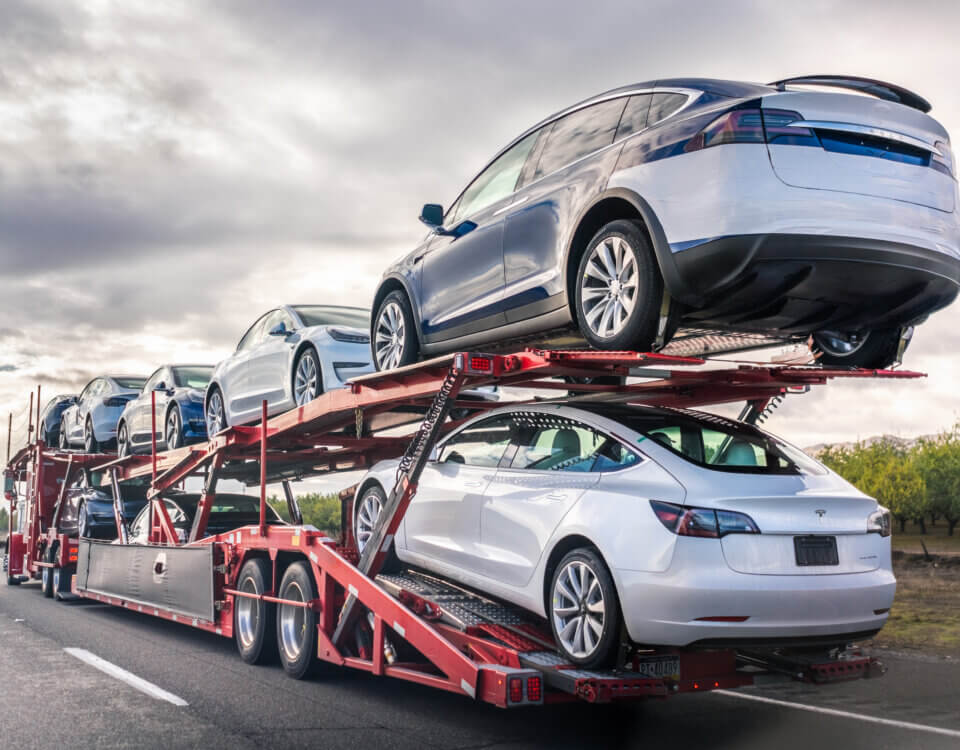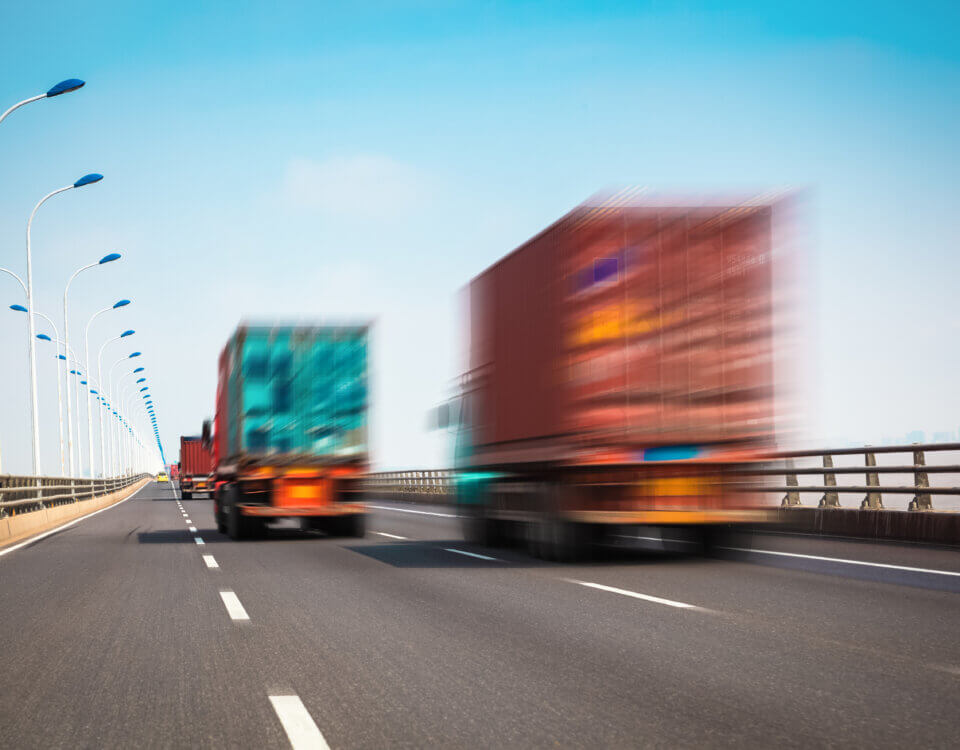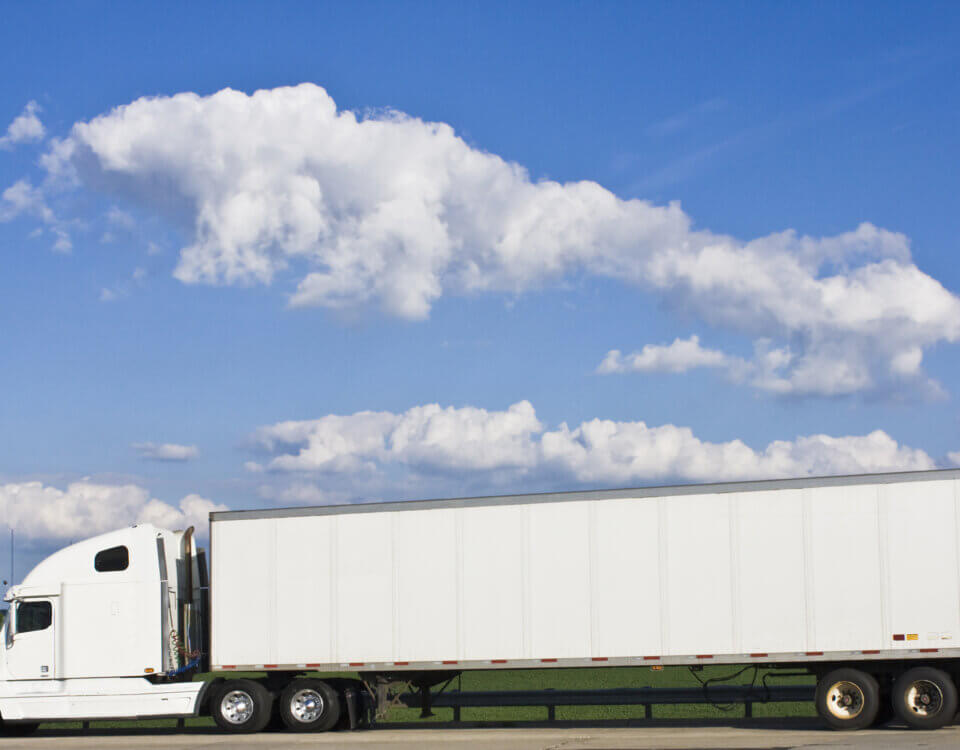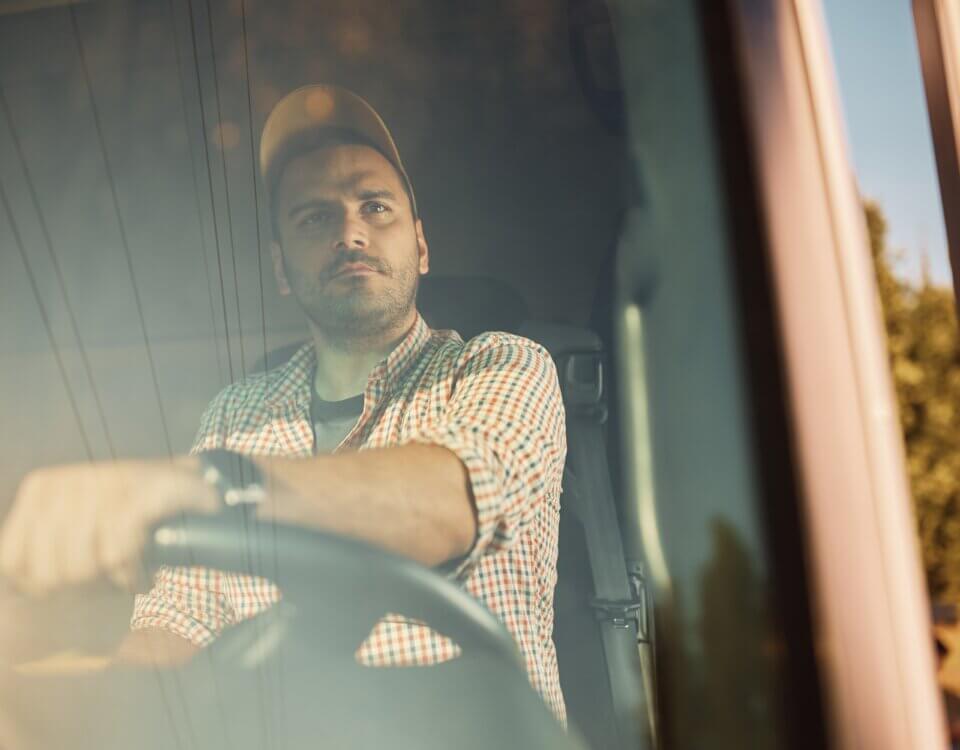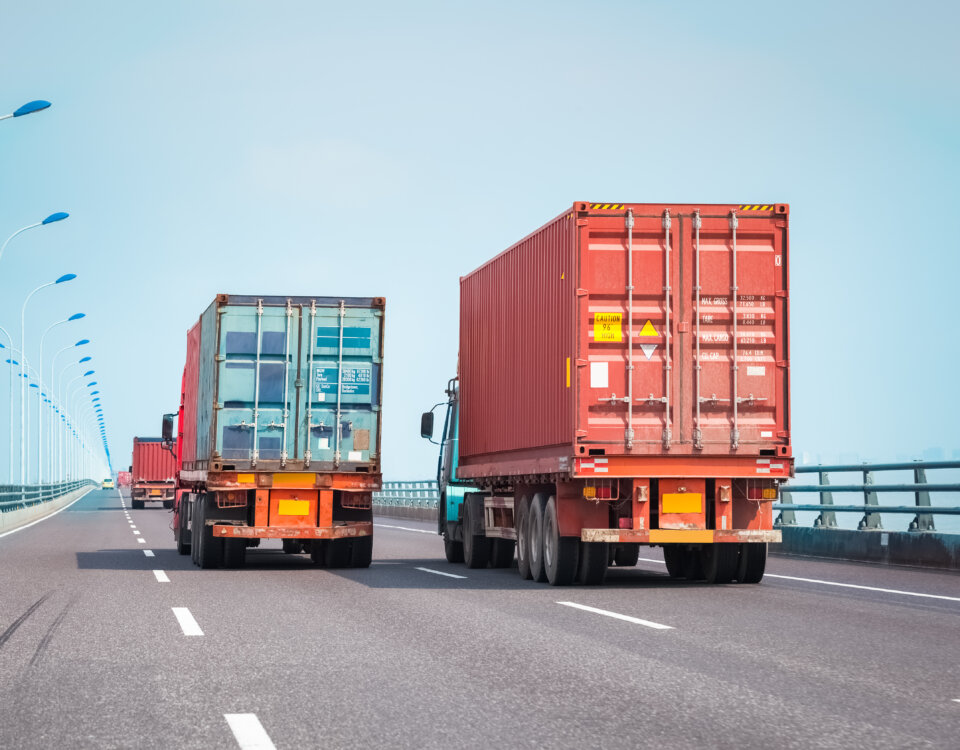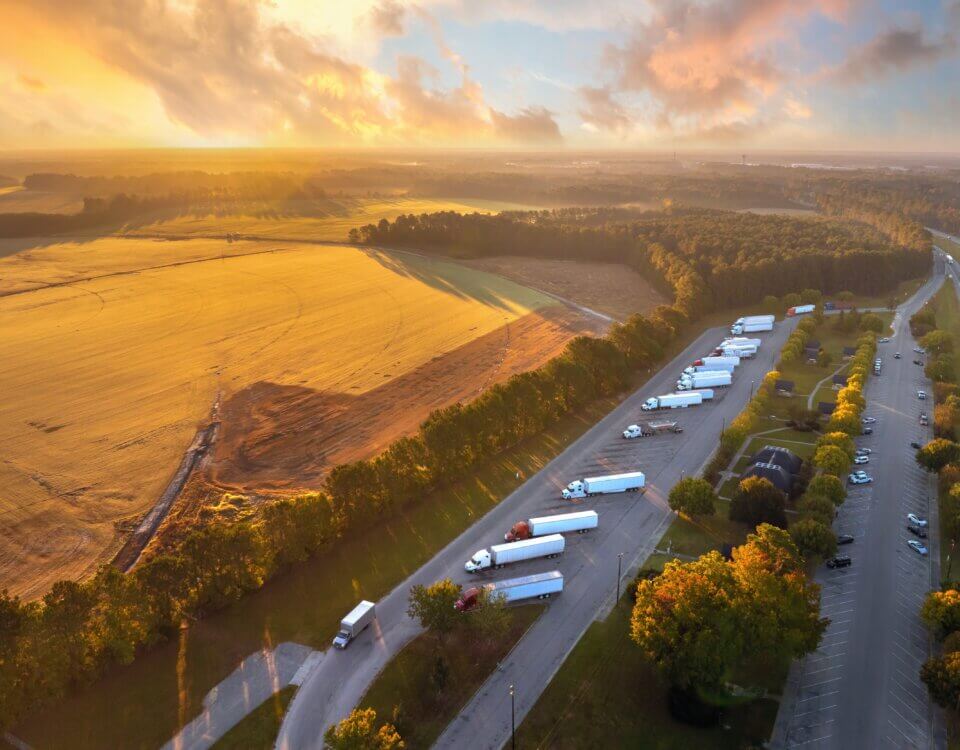California has long been at the center of innovation, and now it’s becoming a testing ground for self-driving trucks. Tech companies and major trucking firms are pushing to put autonomous big rigs on the road, promising lower costs and increased efficiency. But with this technology comes an urgent question: Who’s liable when a self-driving truck causes a devastating accident?
The Push for Autonomous Trucks
Supporters of self-driving trucks argue they can reduce human error, keep goods moving 24/7, and address the shortage of truck drivers. Companies are already running test routes across the state, with eyes on full deployment in the near future.
But critics warn that California’s congested freeways and unpredictable conditions make it one of the most dangerous places to experiment with this technology.
The Risks on California Roads
Self-driving trucks aren’t immune to problems:
- Technology Failures, software glitches or sensor malfunctions can cause catastrophic crashes.
- Cybersecurity Threats, hackers could take control of vehicles.
- Mixed Traffic, human drivers often behave unpredictably, confusing autonomous systems.
- Size & Impact, accidents involving 18-wheelers are already devastating; automation raises the stakes even higher.
Legal Gray Areas: Who Is Responsible?
When a self-driving truck is involved in an accident, liability is unclear:
- The Trucking Company, for choosing to deploy the technology.
- The Manufacturer/Developer, if software or equipment fails.
- The “Safety Driver”, if a human monitor was inattentive or failed to intervene.
These cases could become some of the most complex legal battles California courts have ever seen.
Why Victims Need Strong Representation
Victims of autonomous truck accidents may face pushback from massive corporations and insurance carriers eager to avoid responsibility. Proving fault requires:
- Investigating vehicle data logs.
- Reviewing company testing protocols.
- Analyzing federal and state safety regulations.
Without an experienced legal team, accident victims could be left without fair compensation.
Self-driving trucks may be the future of freight, but California drivers shouldn’t have to pay the price for rushed technology. Until laws catch up with innovation, accidents are inevitable — and victims deserve justice.
Note: These blog posts are created solely for the use of Hillstone Law. The information is gathered from internet research, publicly available sources, and artificial intelligence (AI) tools such as ChatGPT. While we aim to share helpful and educational content, Hillstone Law does not independently verify every detail. Some information may be incomplete, outdated, or subject to change without notice. If you believe any part of a post is inaccurate, misleading, or infringes upon copyright, please contact Hillstone Law immediately so we can review it and take appropriate action, including correction or removal.
Disclaimer: The material provided in these blogs is for general informational purposes only and should not be considered legal advice. Reading these posts does not create, and is not intended to create, an attorney-client relationship with Hillstone Law. Our intent is to share knowledge, raise awareness, and provide helpful resources to the public; however, Hillstone Law makes no warranties or guarantees about the accuracy, completeness, or reliability of the information provided, and expressly disclaims liability for any actions taken in reliance on it. The photos used in these posts are for illustrative purposes only and do not depict actual clients, individuals, or incidents unless expressly stated. If you or a loved one has been injured in an accident, please contact Hillstone Law at (855) 691-1691. Our attorneys are available to answer your legal questions and help you understand your rights.

